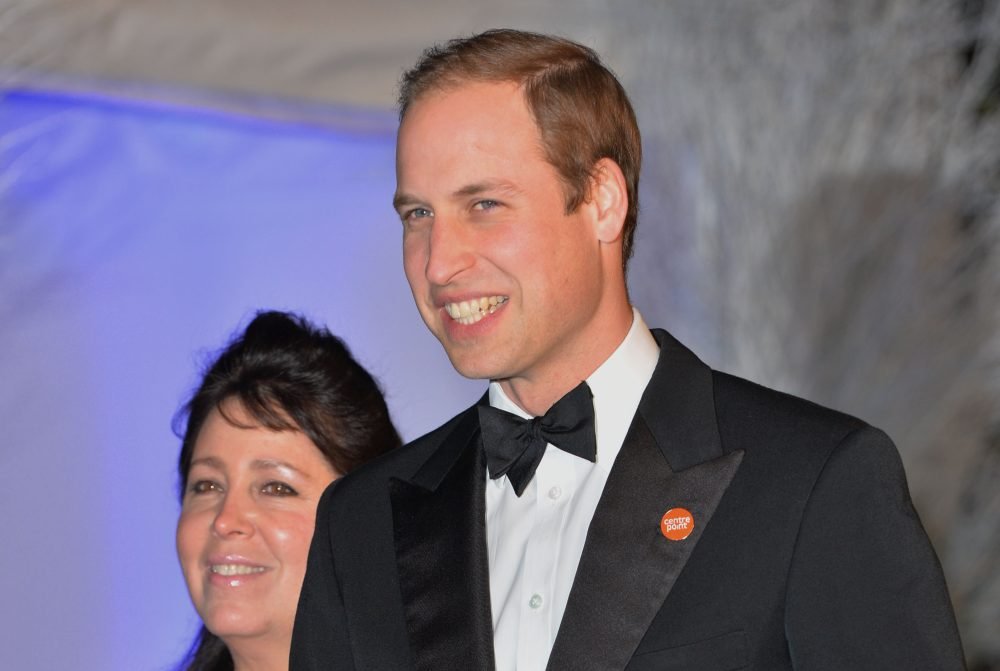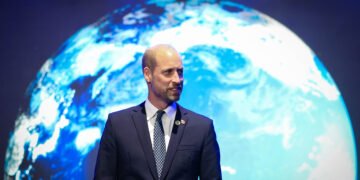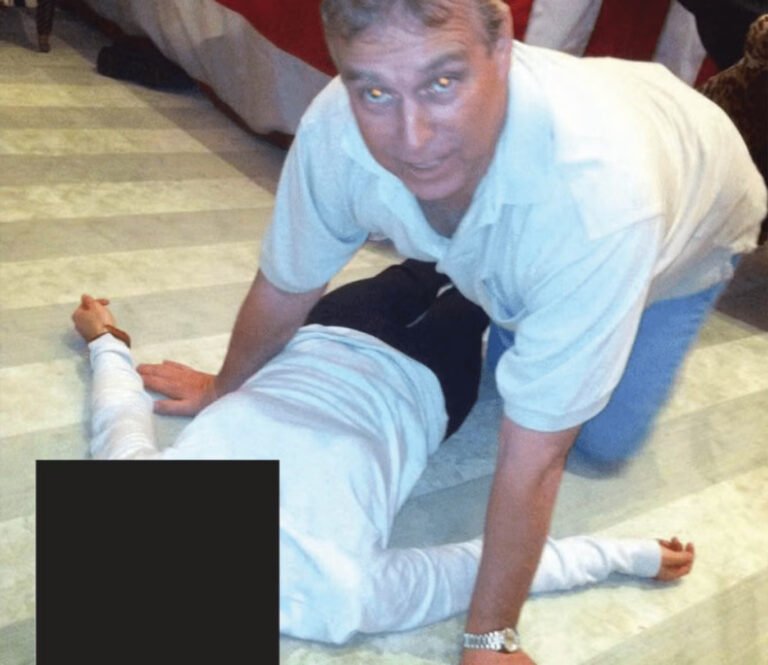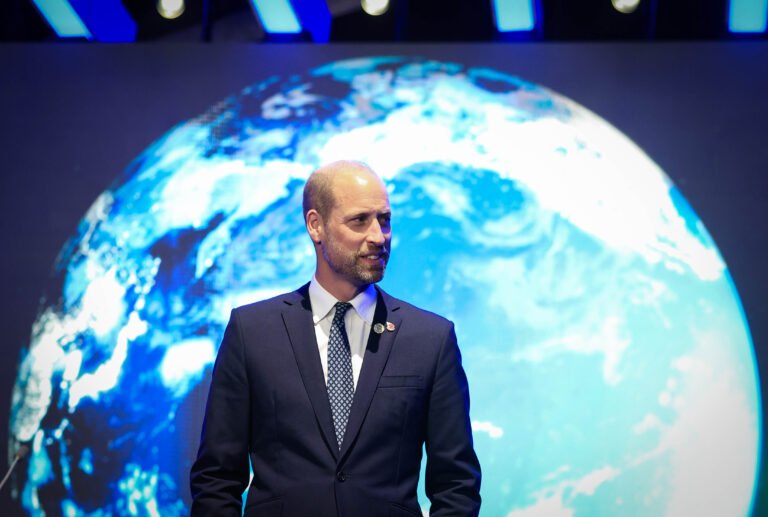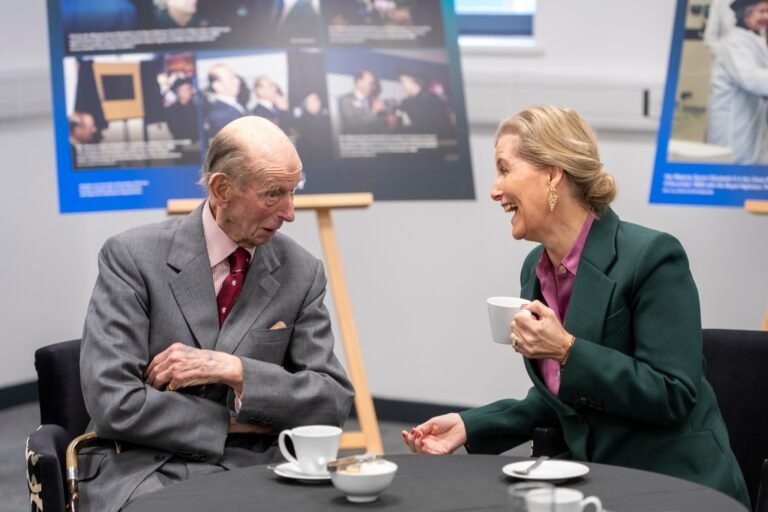The Duke of Cambridge has attended a gala dinner at Roundhouse in London, as royal patron of the wildlife conservation charity, Tusk.
Sporting a poppy in the lapel of his dinner jacket, Prince William mingled with guests during a champagne reception before delivering a short, but impassioned speech, in which he stated that the increase of human population across the world is having a ‘terrible impact’ upon wildlife.
“In my lifetime, we have seen global wildlife populations decline by over half,” he said. “We are going to have to work much harder, and think much deeper, if we are to ensure that human beings and the other species of animal with which we share this planet can continue to co-exist.
“Africa’s rapidly growing human population is predicted to more than double by 2050 – a staggering increase of three and a half million people per month.
“There is no question that this increase puts wildlife and habitat under enormous pressure,” The Duke of Cambridge emphasised.
“Urbanisation, infrastructure development, cultivation – all good things in themselves, but they will have a terrible impact unless we begin to plan and to take measures now.”
Tusk was founded in 1990 and supports more than 60 field projects across 19 African countries. Its website states that it is working to protect wildlife and alleviate poverty ‘through sustainable development and education amongst rural communities who live alongside the wildlife’.
“Tusk’s aim is to forge an inextricable link between the preservation of Africa’s natural heritage and the future of its land, culture and people.”
The Duke of Cambridge became patron of the charity in 2005. Both his father and grandfather have been great campaigners for wildlife conservation, with The Duke of Edinburgh holding an association with the World Wide Fund for Nature for over 50 years, of which he is now President Emeritus.
In his address, William added that overgrazing and poor water supplies could have a ‘catastrophic effect’ without new ideas about how to mitigate such challenges, warning that many species, including rhino, lion and pangolin, still face an existential threat because of the illegal wildlife trade.

“It is barbaric, it destroys livelihoods and communities, and it supports organised crime,” William said. “The world is a worse place for it, and we must stamp it out. I have always argued that, while the problem is serious, it is beatable.”
He also said he was pleased that the government had recently announced plans to restrict sales of ivory within the UK. Last month environment secretary, Michael Gove, announced the government will examine banning the sale of ivory in the UK, including that of antique items made before 1947, currently covered under the CITES rules. The announcement was seen as a victory for campaigning, in which the Duke has played a leading role.
Yesterday The Duke of Cambridge joined @WilliamJHague to host the @united4wildlife transportation taskforce on the illegal wildlife trade. pic.twitter.com/JWU6JCbord
— Kensington Palace (@KensingtonRoyal) November 2, 2017
The day before, the Duke joined William Hague to host the United for Wildlide transportation taskforce on the illegal wildlife trade.

